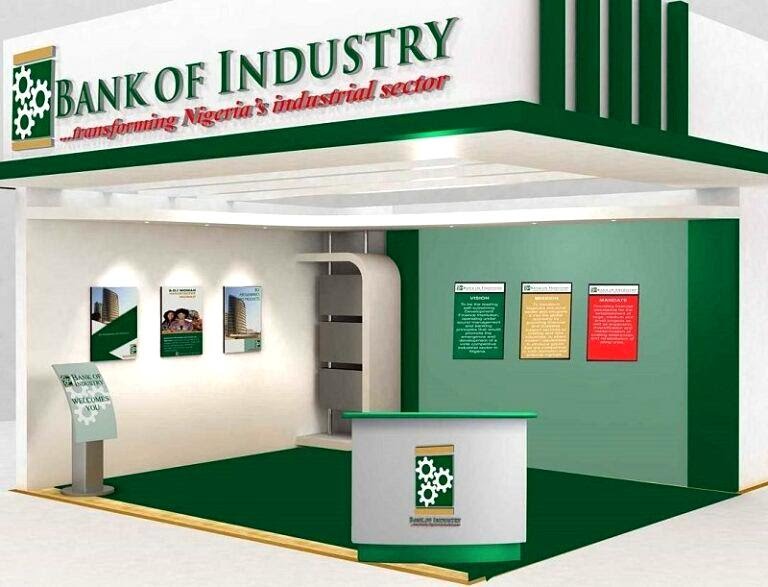The Bank of Industry (BOI) has said, the Nigeria COVID-19 Action Recovery and Economic Stimulus (NG-CARES) programme is an initiative of the World Bank and the federal government of Nigeria, disclosing that, the scheme is not an initiative of the BOI as some have claimed.
The programme, which was designed to support the recovery of communities, households, and businesses affected by COVID-19, is state-owned, as state governments are fully responsible for funding and the selection of beneficiaries.
In a statement released on its website, the BOI said, “the attention of the bank has been drawn to questions seeking to clarify the implementation and disbursement of grants under the NG-CARES programme.”
The BOI claims that the funding system gives each state the freedom to distribute their chosen grant amounts and numbers among the various programme components as determined by the World Bank.
In order to achieve this, it claimed that the World Bank had only recommended the bank based on its track record of constructing field networks and technological infrastructure for the transparent implementation of Micro, Small and Medium Enterprises (MSME) intervention programs. This infrastructure will be used to deliver the MSME component of NG-CARES (RA3) nationwide.
This nomination was followed by 28 out of 33 States, selecting BOI as their preferred execution partner to utilize the MSME infrastructure of the bank to deliver NG-CARES.
It pointed out that, “under this partnership, the States are solely responsible for nominating the beneficiaries and selecting those to be disbursed to, following successful verification.
“BOI’s role as execution partner is to manage the end-to-end application and verification processes and present successful candidates to enable States’ decision-making for disbursements, which BOI disburses as instructed by the state.
“So far, BOI has received over one million applications for the NG-CARES MSME grants across states. While several beneficiaries may apply or be nominated, beneficiaries do not receive the grant if they do not meet the criteria to qualify or if their state does not select them for disbursement as the state seeks to manage the funding available for the programme and ensure the equitable distribution of benefits across business categories, local government areas, gender, or other demographics.”










